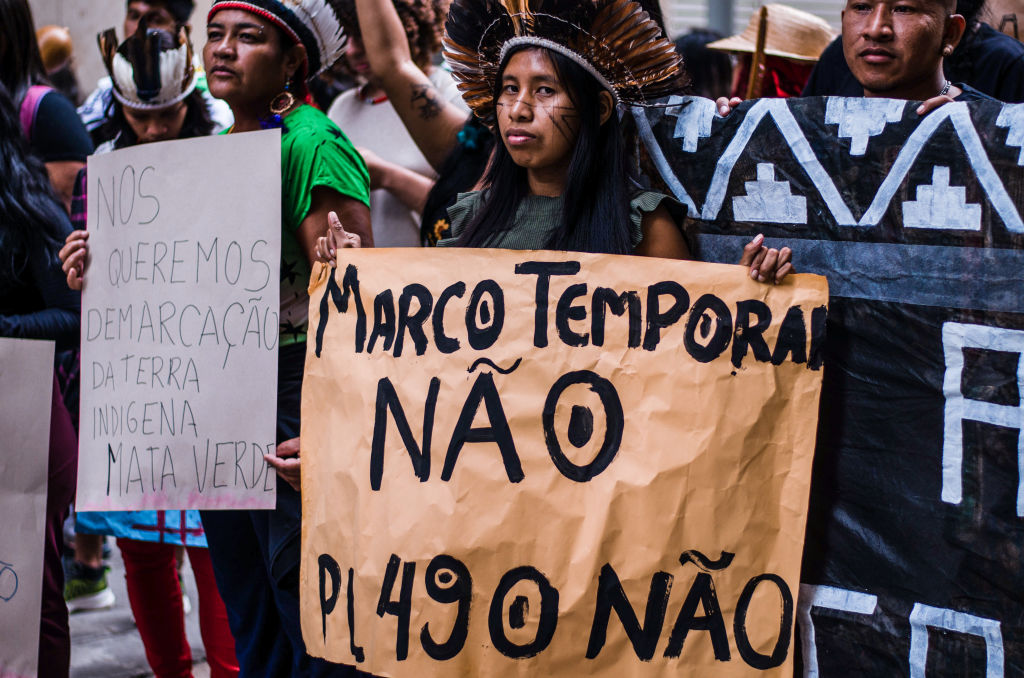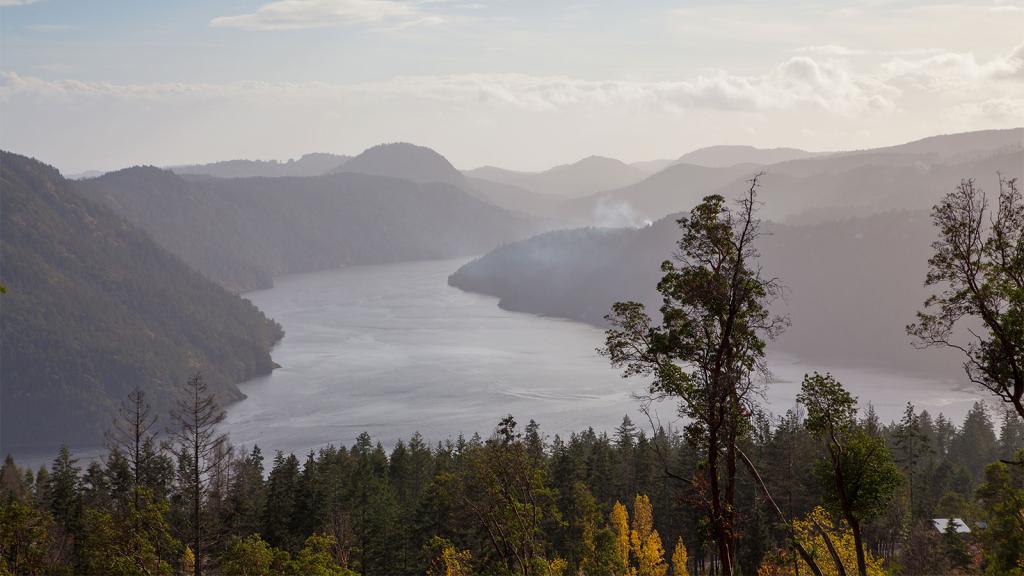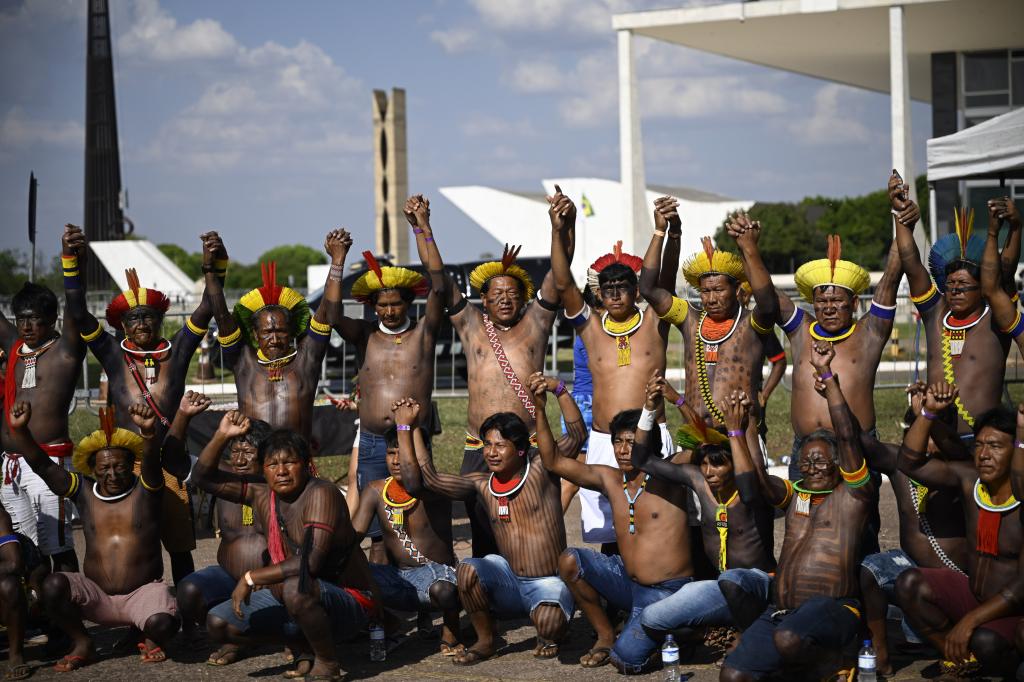Homes built in areas with grasslands and shrublands face a greater risk of fire as development expands and the effects of climate change intensify. However, a new report published Thursday finds that the number of homes inside widening wildfire perimeters have doubled since the 1990s.
According to researchers, of the 55,000 homes that burned between 2010 and 2022, two-thirds burned in grassland and shrubland fires. But according to Volker Radeloff, professor of forest life and ecology at the University of Wisconsin-Madison and co-author of the paper, while climate change and drought play a major role, the expansion of housing developments on the outskirts of urban areas are driving risk: Between 1990 and 2020, nearly 44 million homes were built in these wildland-urban interface areas.
To complicate matters, Radeloff says that in areas where homes have burned, new development becomes susceptible to repeat fires. Grassland systems can catch fire every few years, so rebuilding homes in the same way as before, with no change to vegetation or fire-prevention methods, ... Read more




